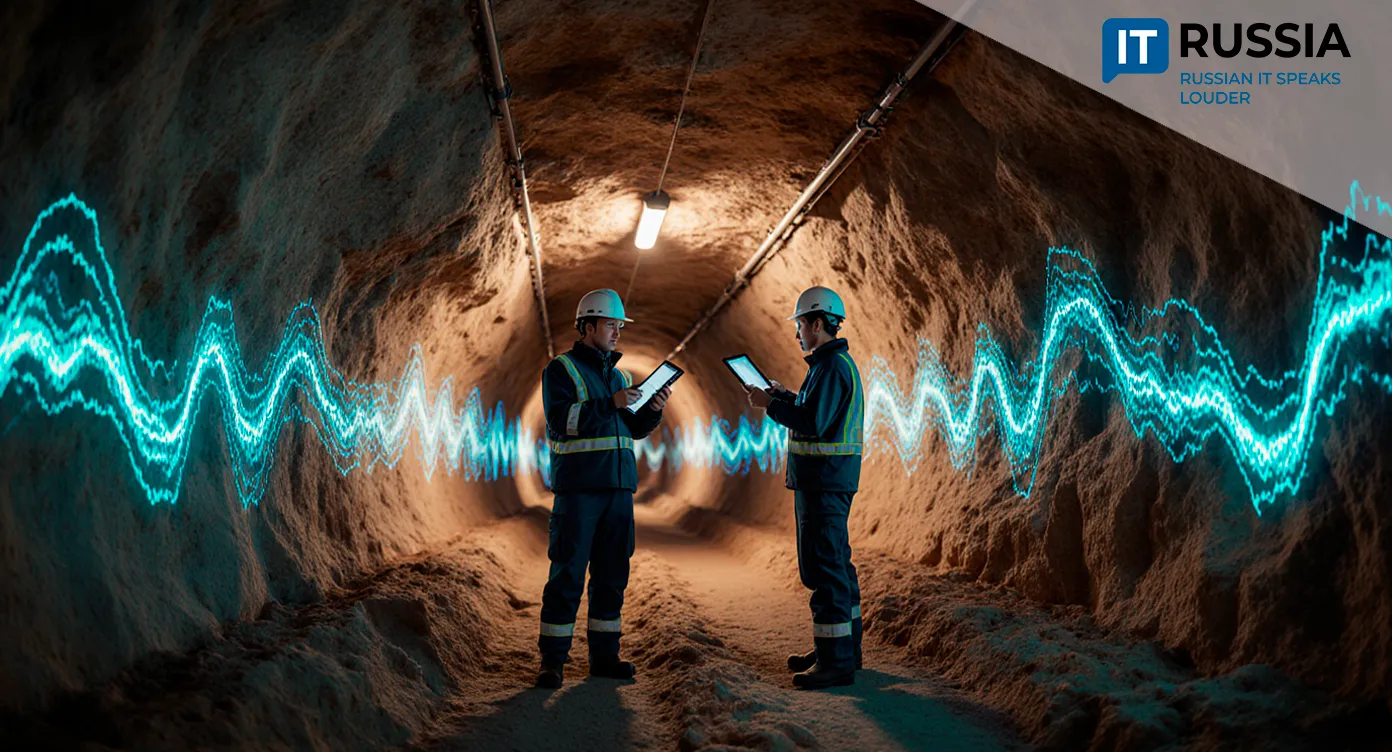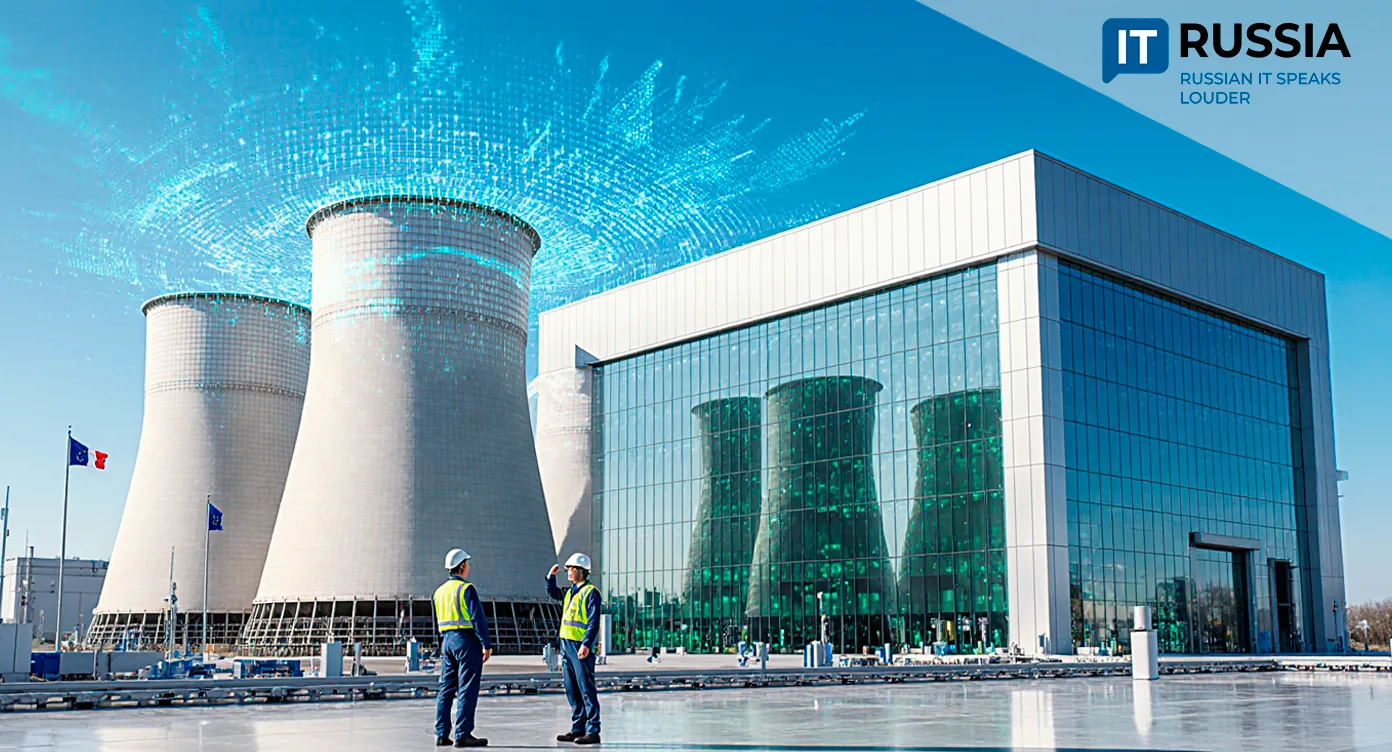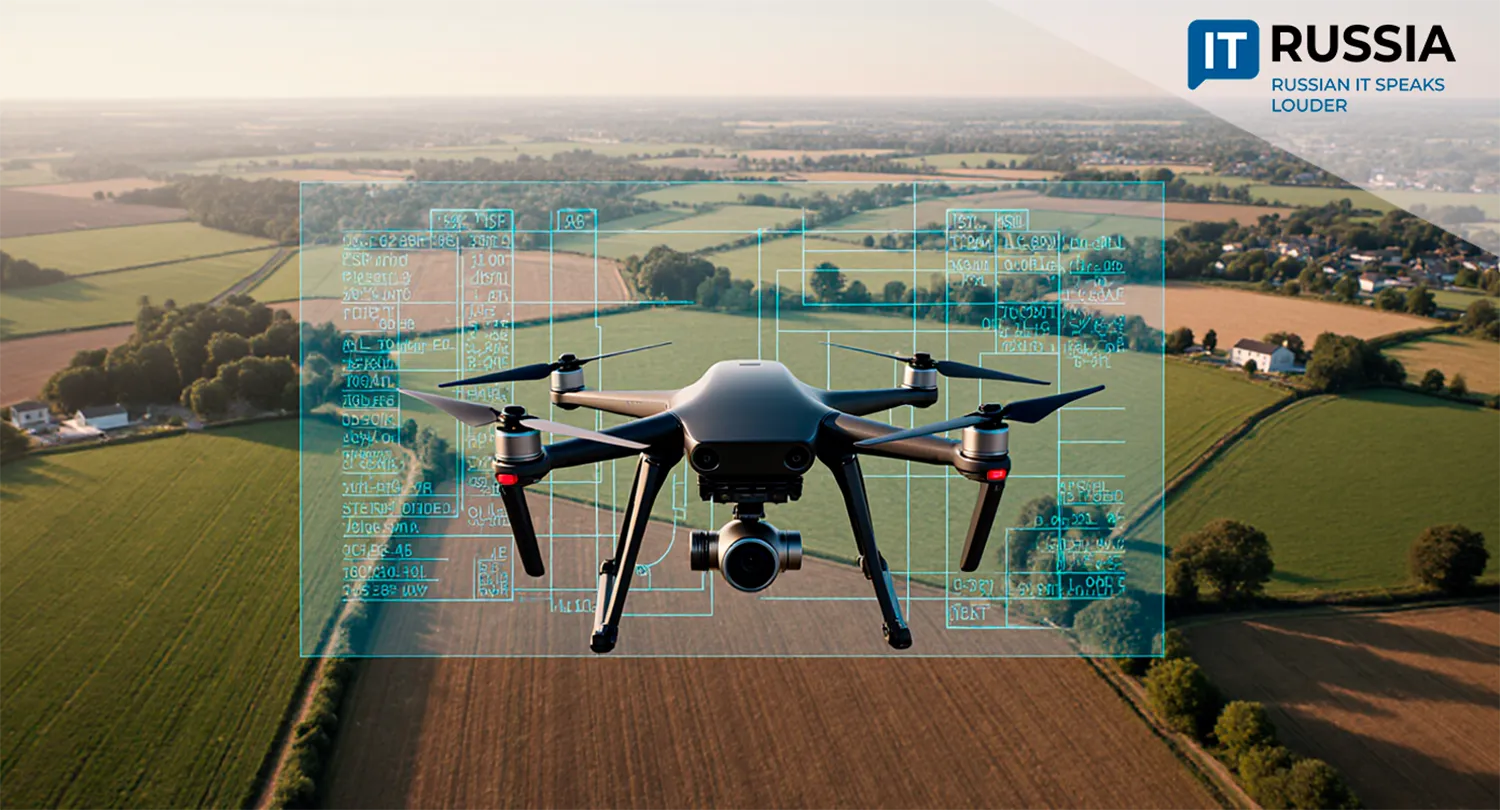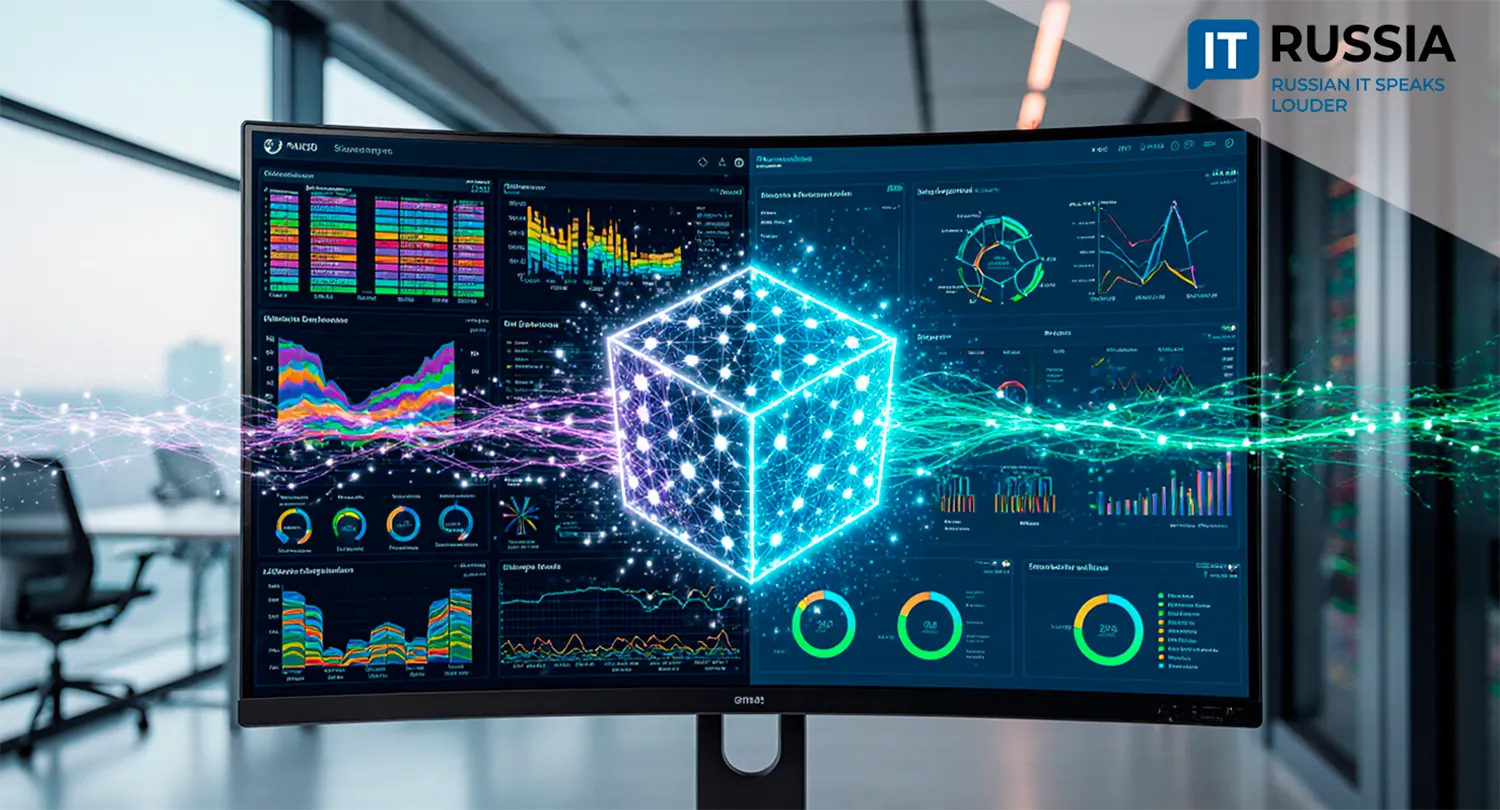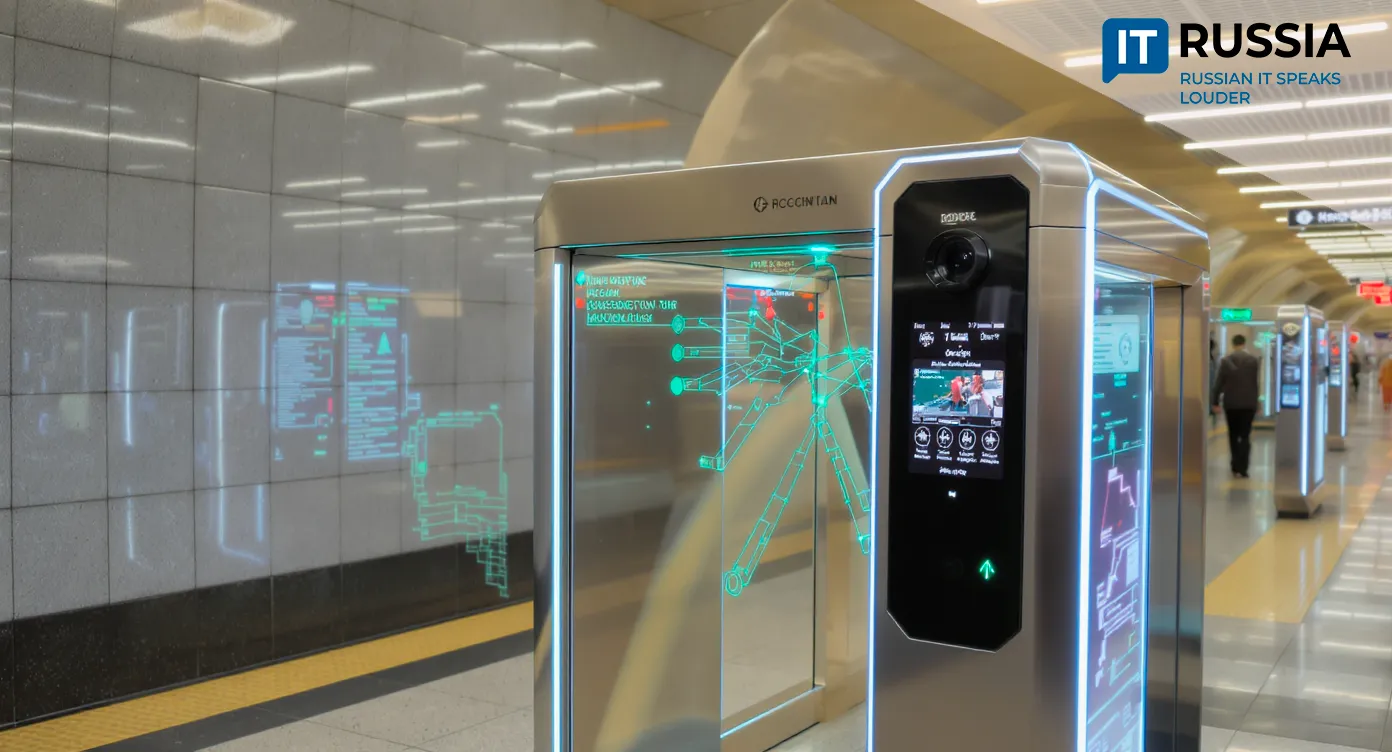Russia Develops 'Sipuha' System to Detect Voice Deepfakes
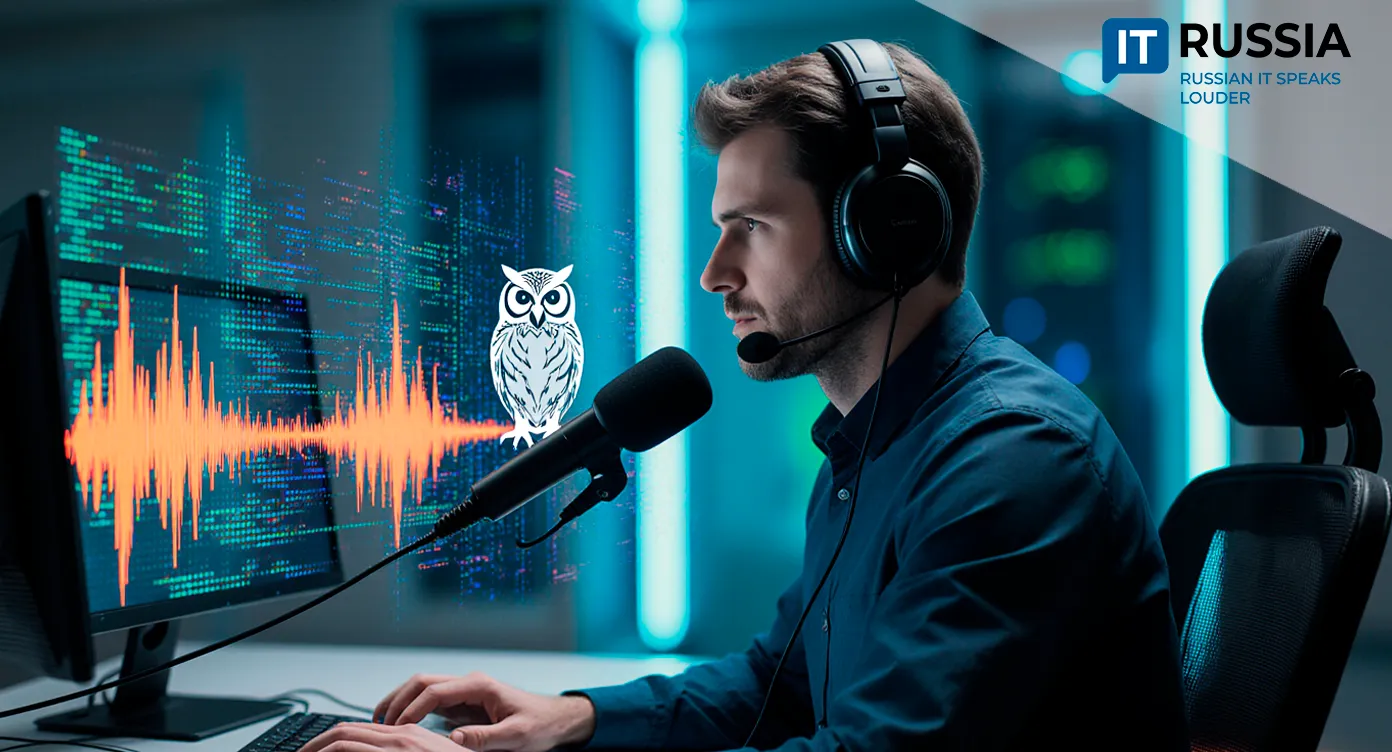
At the National Research Nuclear University MEPhI, scientists have developed 'Sipuha,' a neural network technology for detecting voice deepfakes—fabricated voice recordings—designed to protect against fraudulent calls. The system is built around a neural network trained on more than 200,000 audio files, including both real voices and generated fakes.
Strengthening National Cybersecurity
‘Sipuha’ takes its name from a bird known for exceptional hearing. It detects fake recordings in 20–40 microseconds through the analysis of cepstral coefficients. While technologies for detecting video deepfakes and synthesized speech have been explored before, no publicly documented ground-based system like ‘Sipuha’ has been reported—adding to its innovation.
The launch of the system reduces the risk of phone fraud and increases trust in voice communications. It also protects critical services—such as call centers, banks, and government agencies—from abuse.
The project underscores Russia’s commitment to strengthening national information security and advancing domestic AI solutions. Globally, similar technologies are of interest, especially in markets where securing voice communications is a high priority.
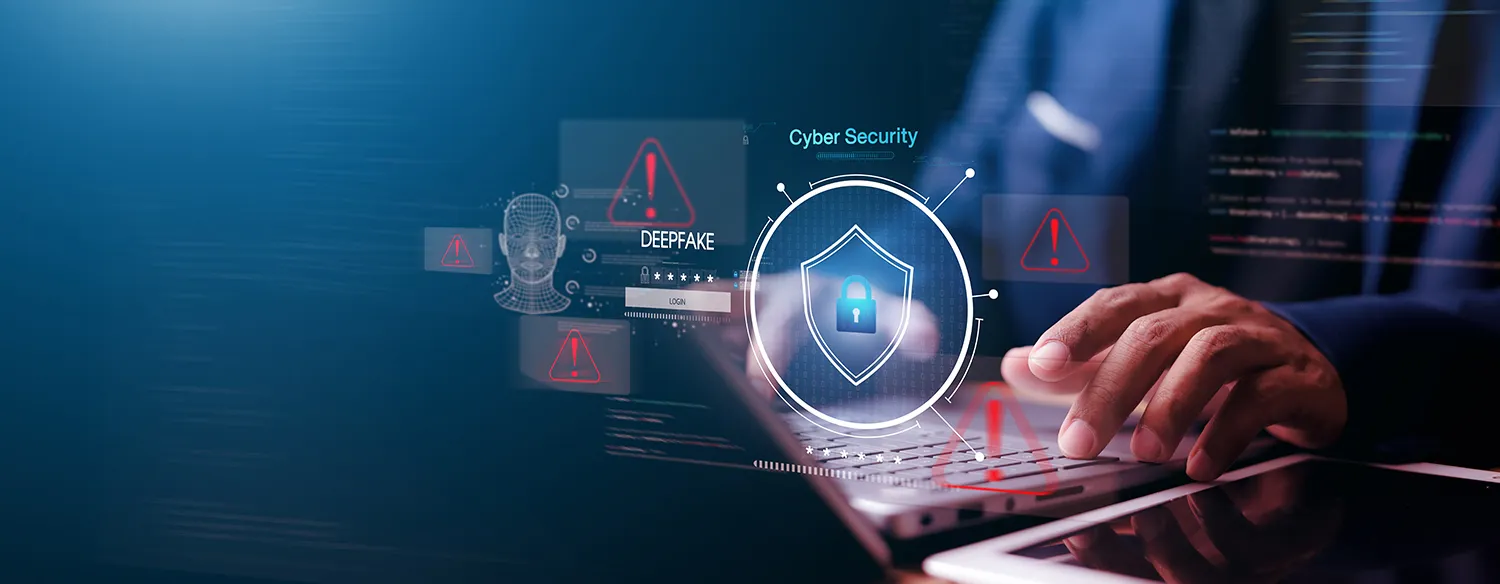
Creating a Research Laboratory
The system has the potential for integration into solutions used by foreign operators, banks, and call centers. A commercial license for a cloud service could be offered internationally, subject to trust and regulatory considerations.
Domestically, work is underway on a cloud service for integration with call centers, messengers, and other communication platforms. Plans also include establishing a research laboratory dedicated to continuously improving the neural network in response to the evolving capabilities of deepfake generation.
The developers are counting on government support from relevant Moscow city departments. Major Russian companies—including T-Bank and 'Informzashchita'—have expressed interest in using the service.
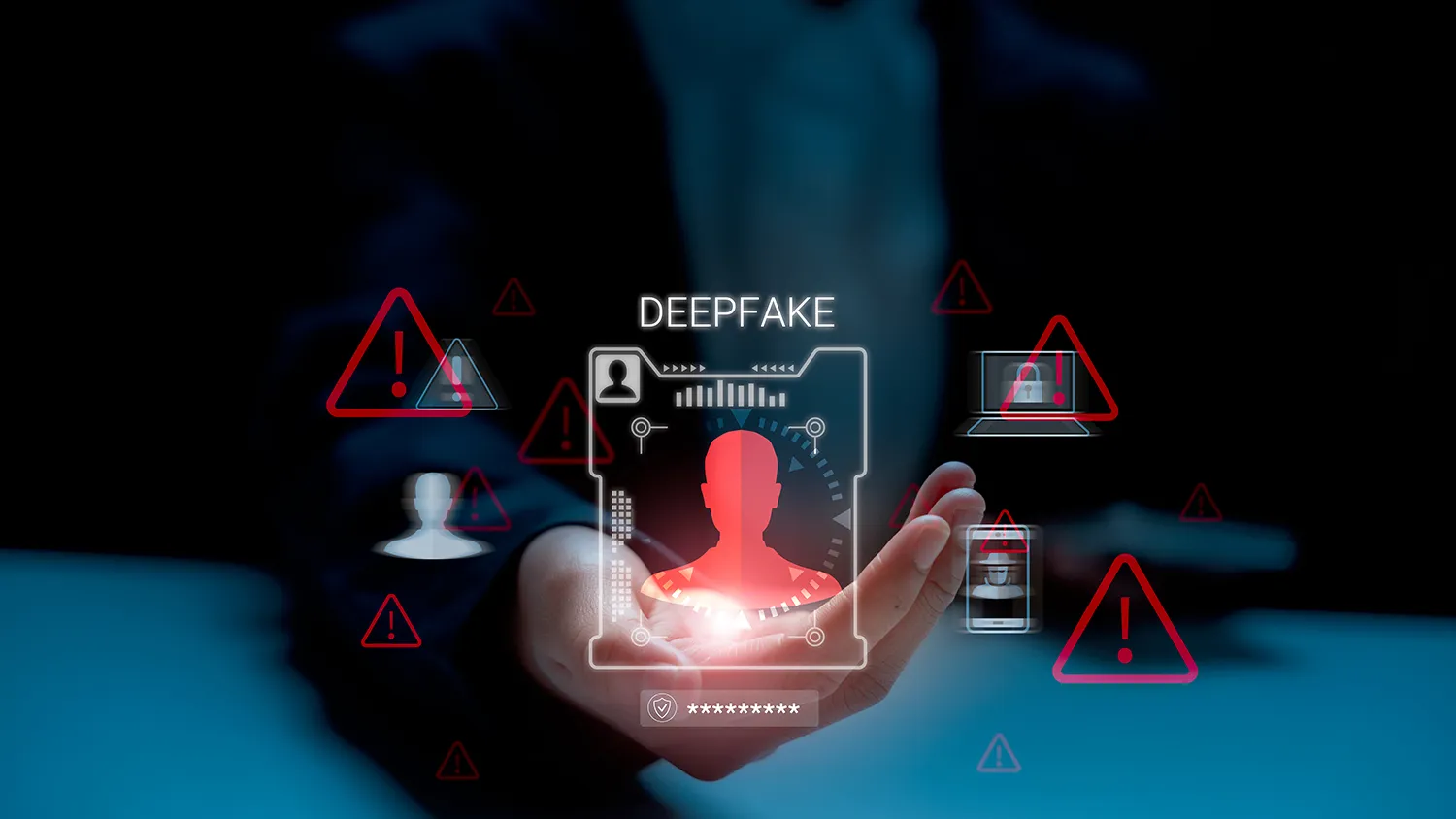
Fighting Disinformation
Globally, many organizations are engaged in deepfake detection. Examples include DARPA’s Media Forensics (MediFor) program, Google Jigsaw’s tools for countering disinformation, and Microsoft’s Defending Democracy Program, which works with organizations and governments to protect democratic processes.
In Russia, research is also underway on video deepfake protection and speech synthesis detection. Sber’s AI Lab develops and tests advanced machine learning algorithms for audio and video content analysis. Yandex holds strong positions in machine learning and data processing. Leading universities, including Lomonosov Moscow State University and St. Petersburg State University, are conducting AI research applicable to deepfake detection. These efforts use algorithms for detecting visual artifacts, analyzing facial expressions and movements, and examining voice characteristics—training neural networks on Russian datasets and creating ensemble models.
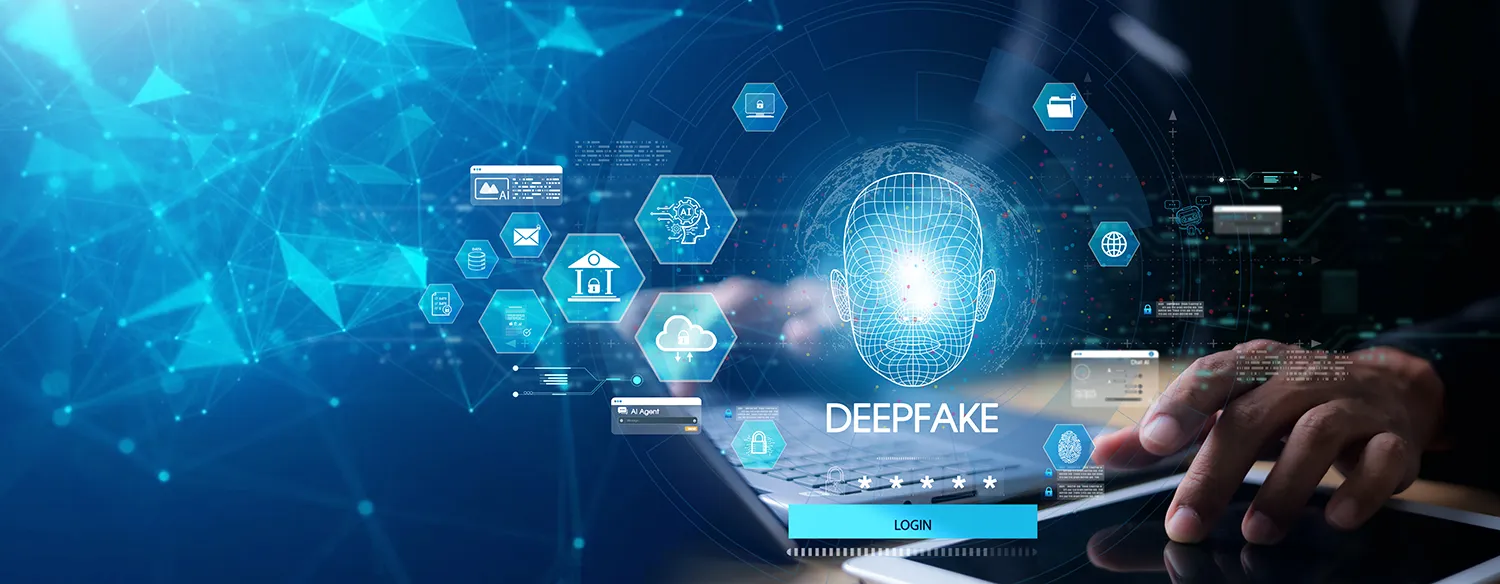
Addressing Real-World Digital Threats
Deepfake detection is a complex and fast-evolving field that demands constant innovation. Effective protection requires combined approaches—analyzing visual, audio, and metadata—along with continuous updates and refinements to detection methods. Large volumes of labeled data are essential for training effective detection models, but such datasets can be hard to obtain.
‘Sipuha’ is a timely and relevant solution to real threats in the digital space, aligned with the development of domestic AI-based security tools. In the short term, the focus will be on testing and launching a cloud version and integrating it with banking and other systems. Medium-term plans include building a dedicated lab, expanding the training dataset, and improving the model. Long-term goals could involve exporting the technology, participating in international projects, and contributing to global anti-deepfake standards.




















